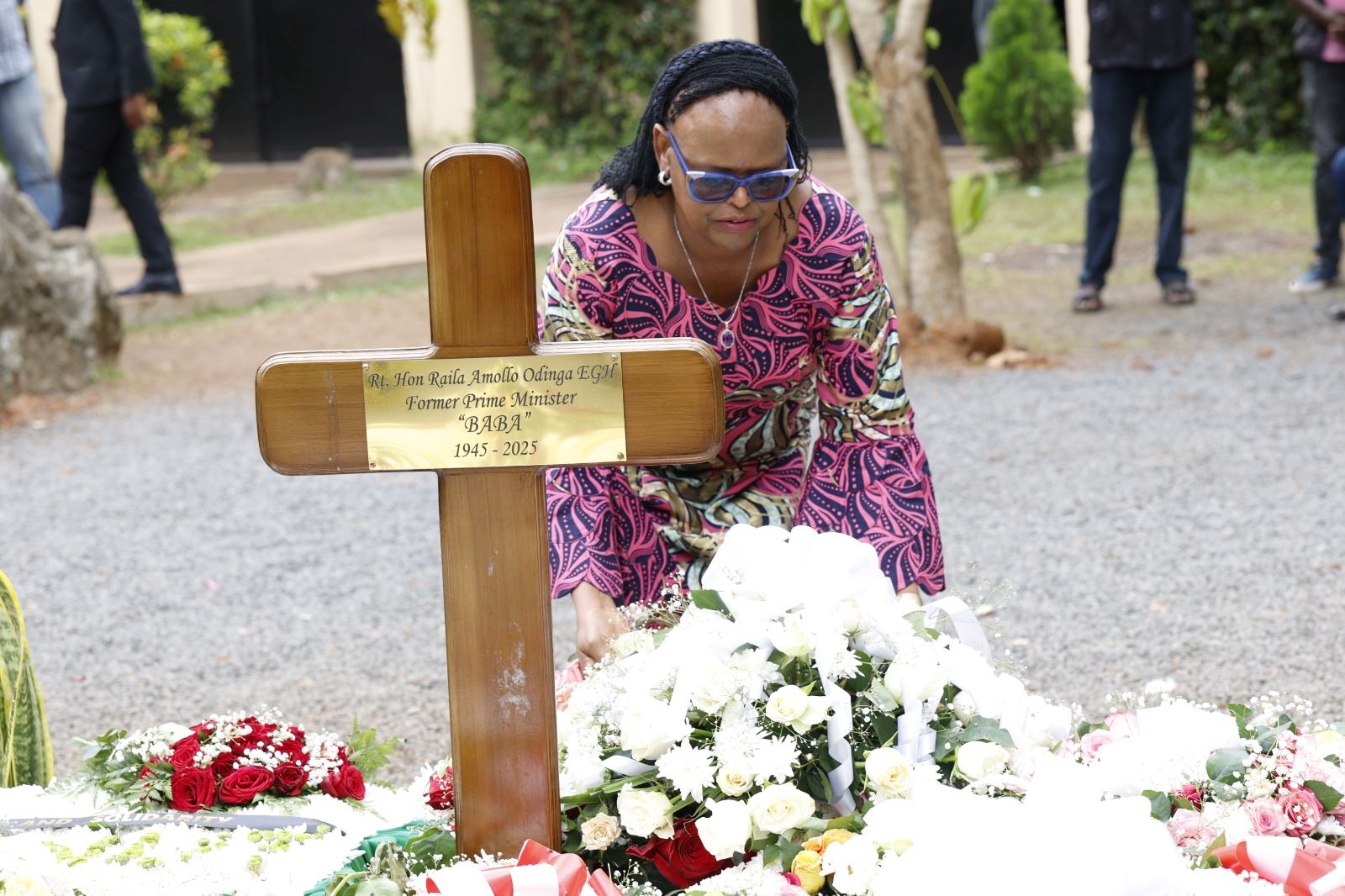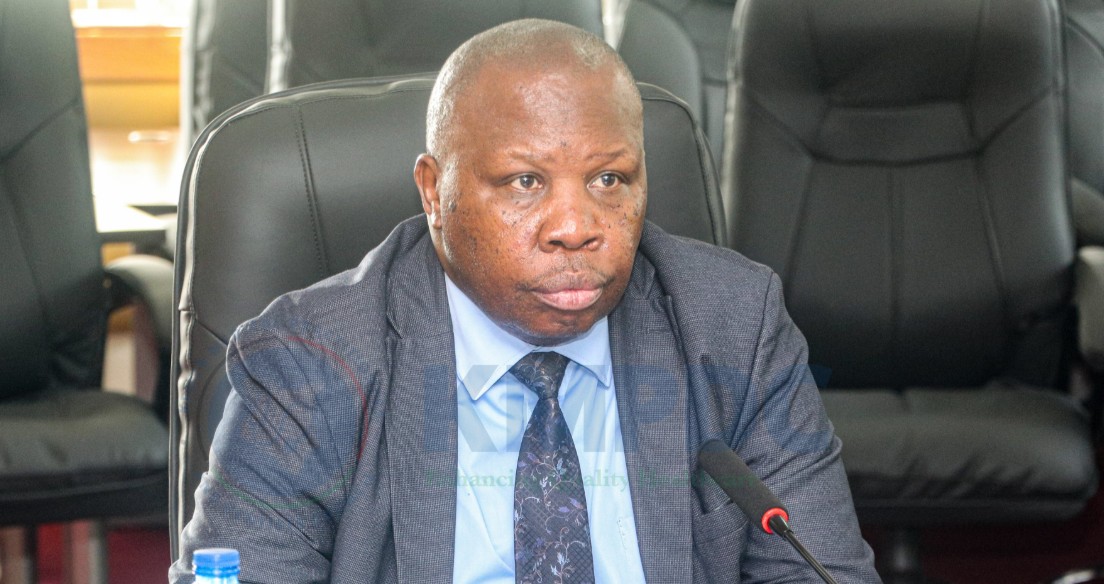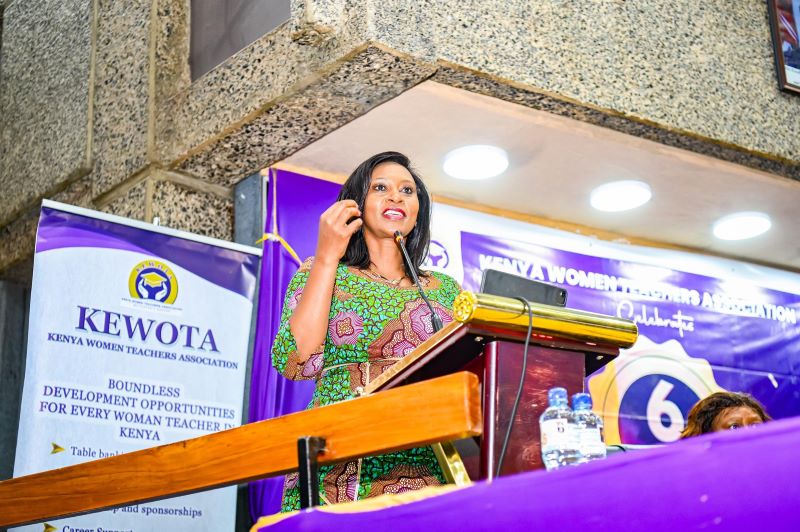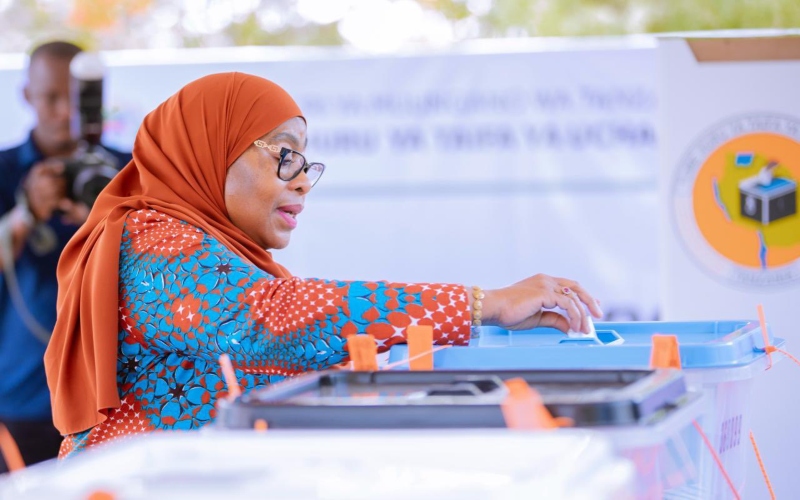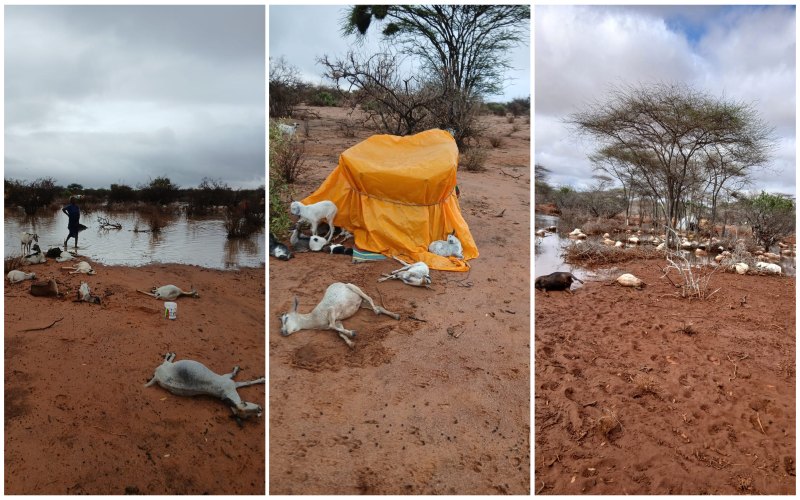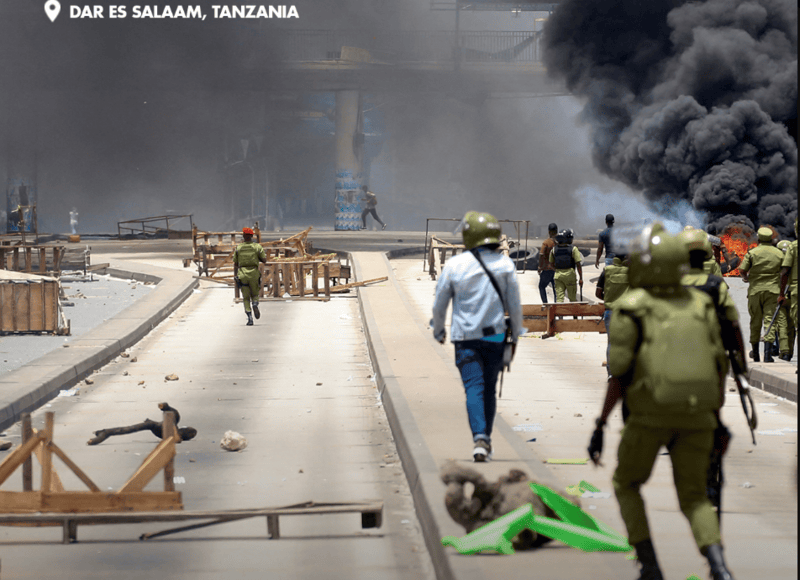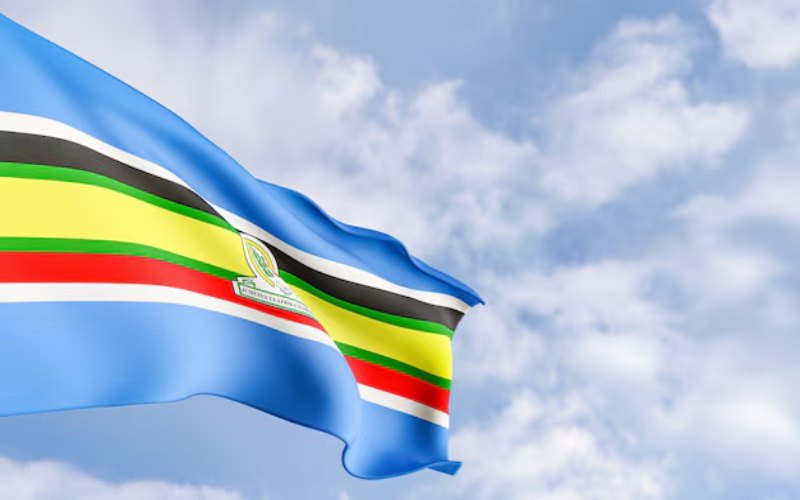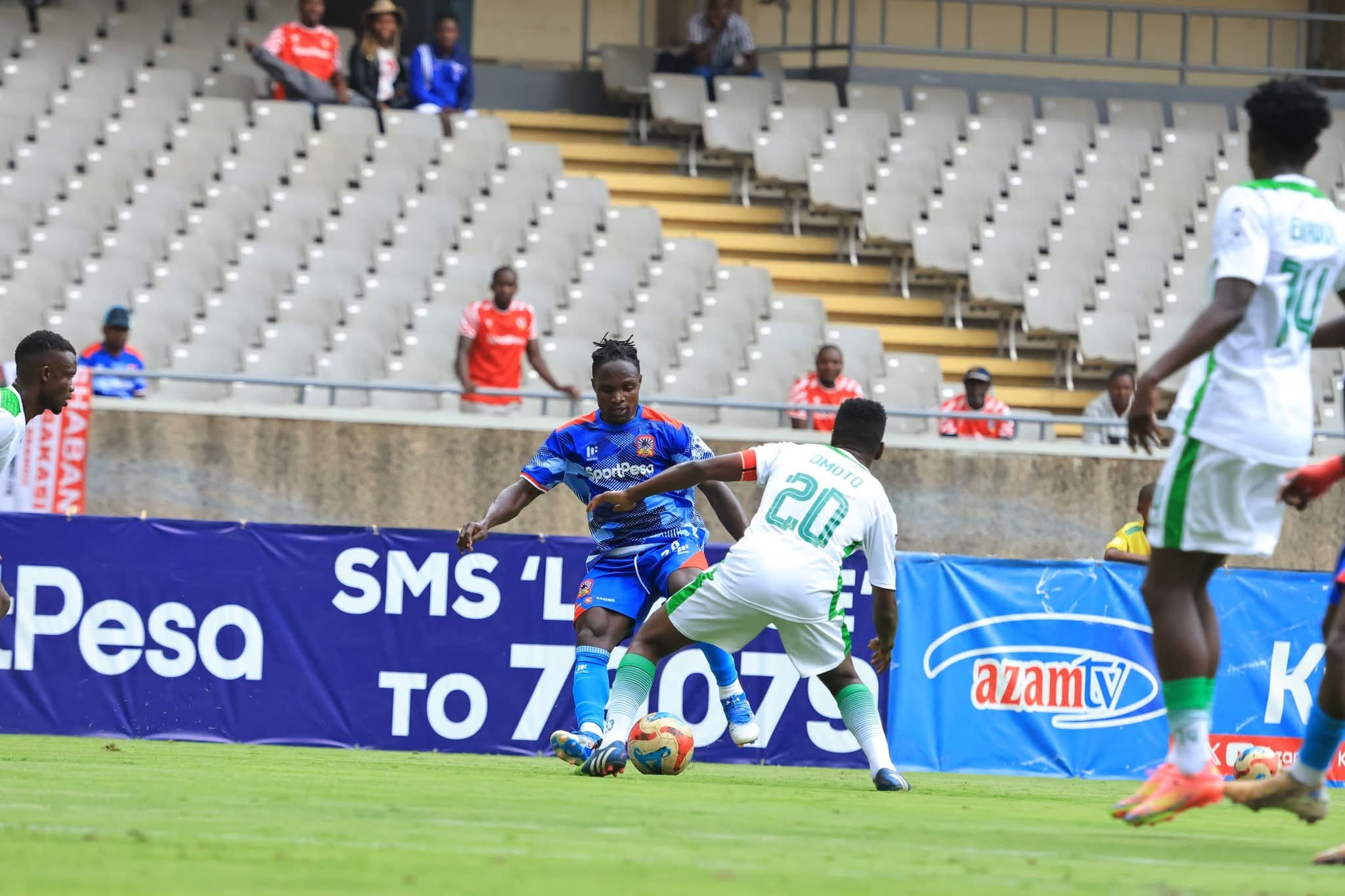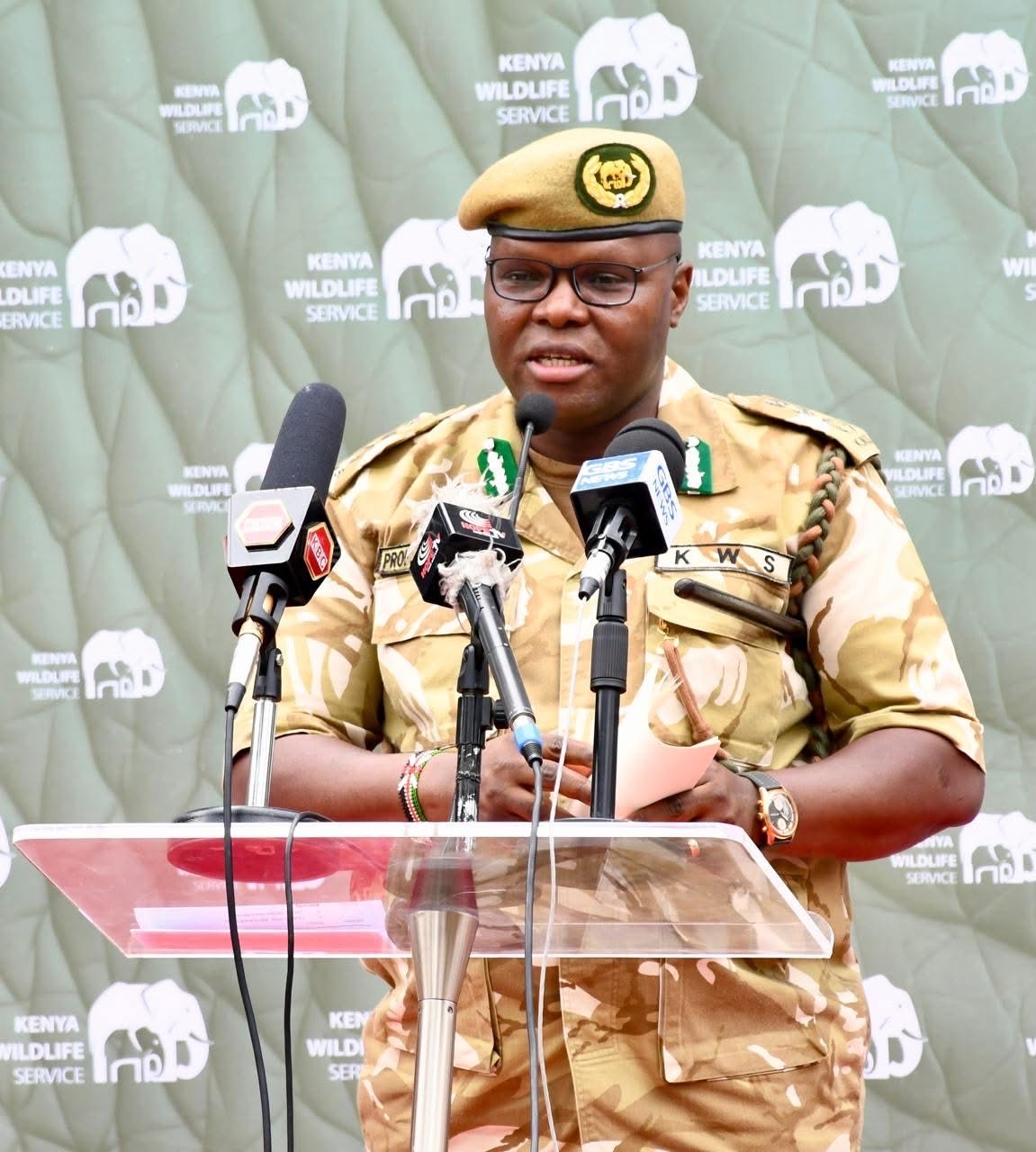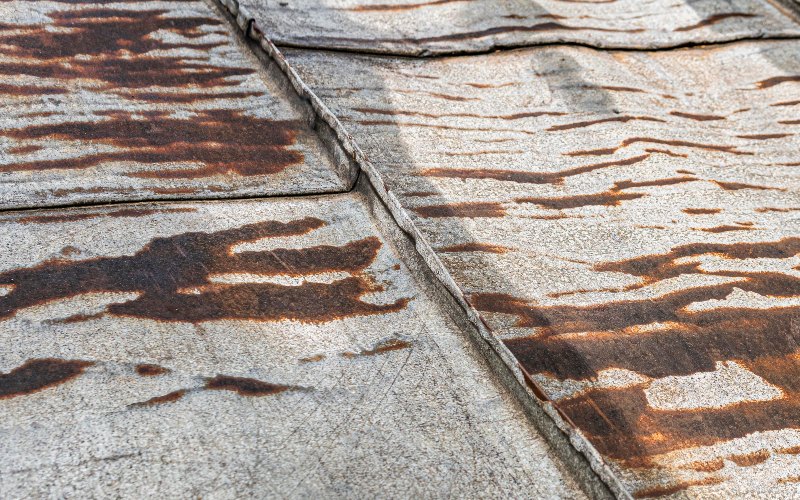How friendly football tournaments have shaped the history of Harambee Stars
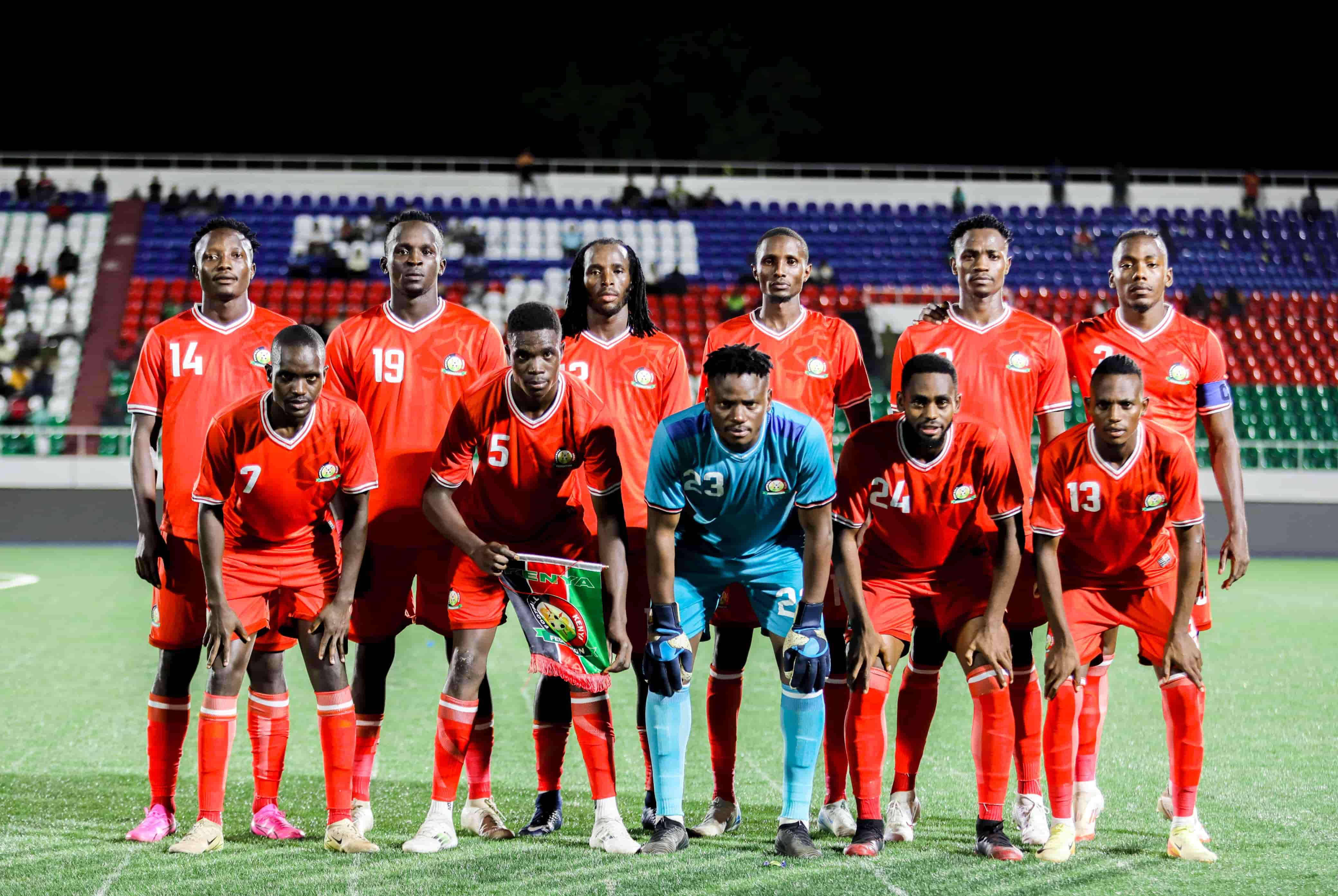
Harambee Stars are currently competing in the 2025 Mapinduzi Cup in Zanzibar, an annual tournament with deep historical ties to the national team. This rare January competition provides an opportunity to look back at how friendly tournaments have influenced the team's legacy. From their first international matches in Madagascar to their more recent victories, these events have been a crucial part of Harambee Stars' story.
Harambee Stars is currently in Zanzibar competing in the 2025 Mapinduzi Cup, a four-team friendly football tournament organised by the Zanzibar Football Federation to commemorate the Zanzibar Revolution of January 12, 1964. This tournament not only offers Kenya the chance to renew rivalries with its East African neighbours, Tanzania and Zanzibar, but also marks one of the rare occasions Harambee Stars plays in January.
While the Mapinduzi Cup is known for being a rare opportunity for Harambee Stars to play in January, a look back at past friendly football tournaments reveals a rich history filled with unique moments. These tournaments have played an essential role in the team’s development and the country’s footballing culture.
More To Read
- Starlets one game away from historic WAFCON return after nine-year absence
- Harambee Starlets set to face Gambia in final WAFCON qualifier
- Bandari's Farouk Shikalo seals move to Ethiopian giants Saint George
- Harambee Stars up two places in latest FIFA rankings
- McCarthy lauds Ivory Coast as Harambee Stars end World Cup quest with defeat
- Harambee Stars edge 10-man Burundi 1–0 in World Cup qualifier as Ogam’s strike secures vital win
Take, for instance, the Triangulaire tournament in Madagascar in September 1959, where Kenya participated in its first international football competition. The Triangulaire was a three-team event that saw Kenya leave East Africa for the first time to play a football match. Despite losing 3-0 to Madagascar in their opening game, Kenya bounced back with a 3-1 victory over Reunion in their final match. Madagascar, after defeating Reunion 6-1, won the tournament.
Before this, Kenya had played just 46 matches, all within East Africa—primarily in Kenya, Uganda, Tanganyika, and Zanzibar. This raises an intriguing question about how Kenya, then a British colony, managed to establish ties with distant Indian Ocean islands like Reunion, which had French connections. It’s a fascinating aspect of Kenya's football history.
Two years later, in December 1961, Kenya travelled to Tanganyika for another three-team friendly tournament, also involving Uganda and Zanzibar, as part of Tanganyika's Independence Day celebrations. This tournament marked a significant development in Kenya’s football history: it was the first time the players wore football boots, ending a long tradition of playing barefoot. Harambee Stars proved their readiness for the upgrade, convincingly defeating Zanzibar 4-0, Uganda 4-1, and Tanzania 3-1 to win the tournament. The 3-1 victory over Tanganyika also held historical significance as it was their last match played under British colonial rule.
In 1962, Kenya participated in another Independence Day tournament in Uganda, though this time they only played one match—losing 6-3 to Ghana, the first West African nation to face Kenya on the football field.
December 1963 saw Kenya host its first-ever friendly tournament for the Independence Tournament, featuring Tanganyika and Uganda. Kenya triumphed with a 6-2 win over Tanganyika and a 1-1 draw with Uganda, the latter marking Kenya’s final match under British colonial rule.
Independence tournaments became increasingly popular across Africa during the 1960s. In October 1964, Kenya travelled to Northern Rhodesia (now Zambia) for their three-team Independence Tournament, which also featured Uganda. Uganda won the tournament after defeating Kenya 3-2 and Northern Rhodesia 2-0. However, it was Kenya’s 3-2 victory over Zambia that stood out, as it was the last time Zambia played as Northern Rhodesia under British rule. This victory solidified Kenya’s growing relationship with Zambia, which would later lead to a friendly match between the two countries in December 1964, marking Zambia’s first match as an independent state. Zambia lost 4-2.
Kenya and Zambia developed a strong bond through friendly encounters, and throughout the 1960s and 1970s, the two nations played numerous bilateral tournaments.
In the 1960s, Kenya also competed in the East African Friendship Cup, finishing third in the 1967 tournament in Sudan and being eliminated at the group stage in 1969 when Ethiopia hosted the competition.
By July 1981, Kenya had renewed its encounters with Madagascar and Reunion in the four-team Indian Ocean Cup held in Reunion. Alongside Mauritius, Kenya triumphed 2-1 over Mauritius in the opening match, then claimed the cup with 3-1 and 1-0 victories over Reunion and Madagascar, respectively.
In 1990, the King’s Cup in Thailand marked Kenya’s debut in Asia, where they faced Thailand for the first time and lost 2-1. However, Kenya redeemed themselves by defeating Indonesia 3-2 in their second match.
The 1996 Simba Cup in South Africa offered Kenya the chance to face Australia and the host nation for the first time. After 1-0 losses to South Africa and Ghana, Kenya was defeated 4-0 by Australia in their final match, leaving the tournament without scoring a goal.
In the early 2000s, East African football fans were treated to the Four Nations Castle Lager Cup, held in Nairobi in 2000 and in Arusha in 2001 and 2002. Kenya reached the final of all three tournaments, claiming victory in 2002 after defeating Uganda 3-2 on penalties in a tense match that ended 1-1 in regulation time. In 2000, Uganda became the first team to win the Castle Lager Cup after a 4-2 penalty victory following a 1-1 draw, while Tanzania triumphed 3-1 in the 2001 final.
When the Castle Lager Cup was not held in 2003, Kenya participated in a four-team tournament in Bahrain, where they were defeated 1-0 by Egypt, 2-0 by Iraq, and 2-1 by Bahrain.
In June 2018, Harambee Stars travelled to India for the first time to compete in a four-team friendly tournament. Despite a 3-0 loss to India, Kenya progressed to the final with wins over New Zealand (2-1) and Chinese Taipei (4-1). In the final, however, Kenya lost 2-0 to India, a result that was particularly disappointing given India’s lower football ranking.
Later that year, Kenya participated in another three-team tournament in Mauritius, where they secured a 1-0 win over Pakistan but suffered a humiliating 1-0 loss to the hosts, leaving fans questioning the team’s ability to compete against more serious football nations.
In March 2024, Harambee Stars made a lasting impression at a three-team tournament in Malawi. After defeating Malawi 4-0 and Zimbabwe 3-1, they returned home with a trophy that generated great excitement among fans, marking one of the most memorable recent victories for the national team.
From the 1959 Triangulaire tournament to this year’s Mapinduzi Cup, friendly tournaments have always held special significance for Harambee Stars. These competitions have fostered international relationships, opened up new football territories, and given fans countless memories. As Harambee Stars takes part in this year's Mapinduzi Cup, the team’s supporters back home will be hoping for another trophy to add to their storied history.
Top Stories Today
